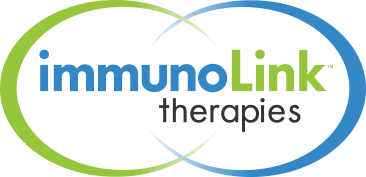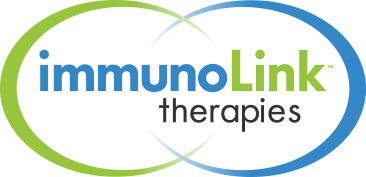Action of Lactibaccilus Fermentum
The main ingredient in our Imm-Kine is the probiotic bacteria Lactibaccilus Fermentum. For many years, probiotic bacteria have been known to confer health benefits to the consumer. One possible mechanism for this may be the ability of probiotic bacteria to modulate immune responses.
Here's what researchers learned when using Lactobacillus Fermentum to treat Irritable Bowel Syndrome (IBD) in mice:
"In summary, our results suggest that the preventive administration of L. fermentum CECT 5716 elicits resistance to TNBS colonic injury. This effect may be due to both early immune stimulation and immune regulatory properties, as well to its antioxidant abilities. In addition, when administered after TNBS, this probiotic strain has therapeutic properties in the late phase of colitis, an effect that runs parallel to a decrease in LTB4 production and is associated with IL-6 downregulation and enhanced TLR/MyD88 function." (see :Inflammatory Bowel DiseasesVolume 15, Issue 8, Article first published online: 5 MAR 2009).

One could extrapolate that if L. Fermentum can treat IBD in Mice, it must confer potent immune modulation properties. Is this a true statement? I say yes! To make this connection, you can check out summaries of human studies: September 2011 Chr. Hansen A/S Human Health & Nutrition:
- West, et al. Lactobacillus fermentum (PCC(R)) supplementation and gastrointestinal and respiratory-tract illness symptoms: a randomised control trial in athletes. Nutr.J. 2011;10:30.
- French, Penny. Use of probiotic bacteria as an adjuvant for an influenza vaccine. Int.J.Probiotics Prebiotics 2009:175-180.
- Cox, et al. Oral administration of the probiotic Lactobacillus fermentum VRI-003 and mucosal immunity in endurance athletes. Br.J.Sports Med. 2008;44:222-226.
I will be posting more on this important supplement.



